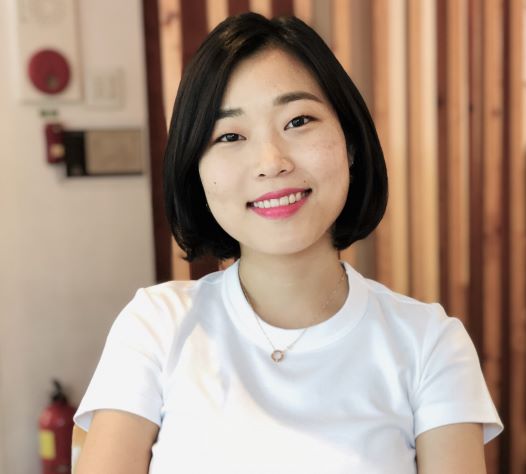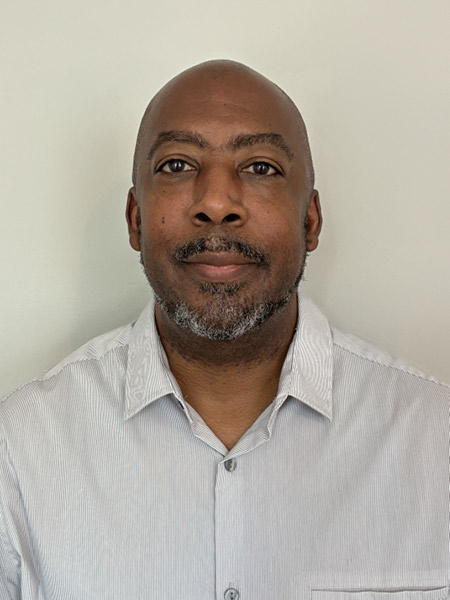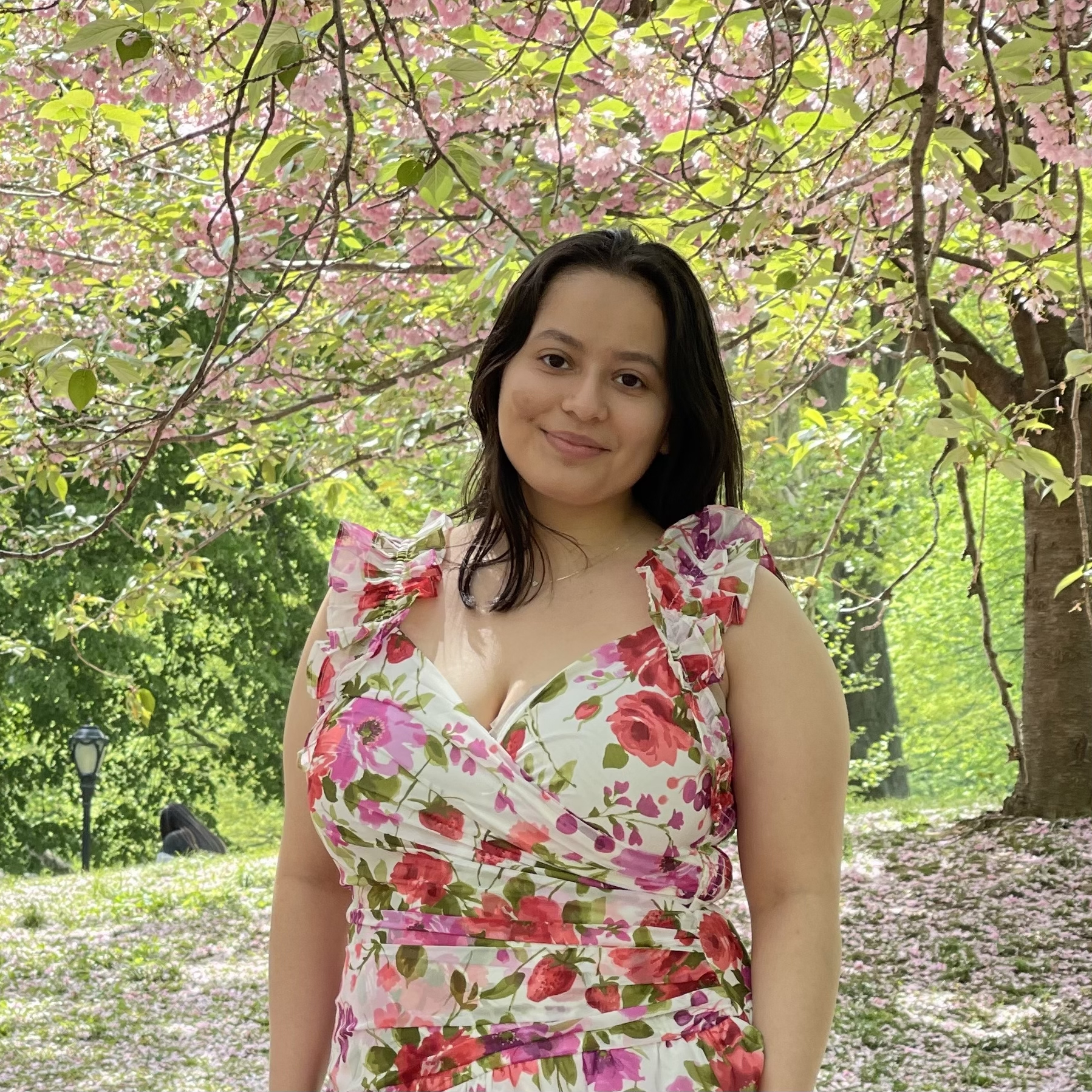Welcome to the Sociology & Education program
The sociological examination of education has a long tradition at Teachers College, a graduate school with a strong commitment to social justice. Our Sociology and Education program, one of the oldest and most revered such programs in the nation, provides a curriculum that supports students in developing and fostering their “sociological imagination” – or an understanding of the relationship between micro-level day-to-day experiences and the larger, macro-level structures in which we all live, between our biography and the arc of history. Many students come to our program after having experienced first-hand the impact of inequality in their lives and/or the lives of students they teach. They seek answers to their questions about the larger educational system, the policies that perpetuate inequality, and the disparate impact on students across place, race and gender identity, and socio-economic status. They want to know how things came to be the way they are today. Through this micro-macro lens, our program enables students to understand educational and social inequality through the careful analysis of evidence. Our coursework and the research opportunities prepare change agents to challenge the inequality within our schools through a deep understanding of its social, political and economic causes.
Our curriculum features a set of Core Requirements in the Foundation of Social Analysis of Education, Education and Social Inequality, Education and Social Organization, and Education and Social Change. The program also requires students to learn both quantitative and qualitative research methods for all of our degree programs. Our students can also opt to complete the Policy Concentration requirements. Our Master’s students choose between taking a Comprehensive Exam or completing an Integrative Project, or a Master’s Thesis, as their Culminating Experience. Doctoral students will complete a Certification Exam and research and write a dissertation.
The curriculum emphasizes the social context of schools in both cities and suburbs; the organization and structure of schooling; and the intersection of race, ethnicity, social class and gender with educational policies and practices. Students are trained in both quantitative and qualitative research methods. Hands-on research opportunities are available on a wide range of projects, including those examining racial segregation, urban gentrification, conditions of New York City Public Schools, suburban demographic change and its impact on schools, and school organization.
The program faculty for the Sociology and Education program includes sociologists from several other programs at the College as well as other nearby academic institutions. Faculty strengths are in sociology of education generally, but also in organizational studies, the sociology of teachers and teaching, stratification, racial inequality, critical race theory and urban sociology. They are actively engaged in the analysis and evaluation of educational policies and programs designed to serve educationally disadvantaged populations.
The program in Sociology and Education also offers an optional Policy Concentration that overlaps with many of our degree requirements. For more information on this concentration, which is open to students throughout Teachers College, please contact Professor Aaron Pallas.
Sociology and Education Virtual Information Session
Fall 2024 webinar for prospective students. Come hear about our program from faculty, students, and staff!
Choose Your Degree
The graduate program in Sociology and Education offers four degree programs: the M.A., the Ed.M., and the Ph.D. Each program is designed to meet the needs of students with a particular combination of prior experience and career objectives. The M.A. and Ed.M. programs may be completed on a part-time basis, and most of our classes are offered in the evening hours. The Ph.D. program requires full-time study. Although students from all of the degree programs in sociology and education are prepared to assume positions in education institutions, the program does not offer professional certification for teaching or school/district leadership. Certification programs are available in other departments at Teachers College.
Student Profiles
Yeonsoo Choi is a Ph.D. student in Sociology and Education at Teachers College, Columbia University. She earned her B.A. and M.A. in Education from Yonsei University, South Korea. Her research interests include the sociology of elite education, globalization and education policy, school choice, and critical policy analysis. Yeonsoo is interested in better understanding how broader social discourses shape education policies and students’ educational experiences. Prior to coming to Teachers College, she worked as a research assistant for education policy research projects funded by the Ministry of Education, South Korea, and the Seoul Metropolitan Office of Education.
Previous Education:
B.A. in Education, Yonsei University and M.A. in Education with concentration in Curriculum and Instruction, Yonsei University
Professionally, I have over 20 years of experience working in social services with marginalized populations as a case manager, outreach director and program director. In addition, I developed, operated, and facilitated an innovative program that incorporated Hip Hop culture with social emotional learning for K-12 students and assisted with organizing and coordinating an annual Hip Hop and education conference (Rock The School Bells – Sacramento) for high school students and educators.
Educational Background
Bachelor of Arts, Sociology, Montclair State University, 2024
Honors/Awards
Spring/Fall 2023, Dean’s List, Montclair State University
Spring/Fall 2021, Dean’s Honor List, California State University, Sacramento
2019-2022, Most Valued Partner Award, San Juan Unified School District
2014, Community Service Award, Sacramento City Unified School District
Publications/Exhibitions
Brim, M., (2022). Race, mathematics, and effective pedagogies for high achieving african american high school students from low-income households. McNair Scholars Journal – California State University, Sacramento.
Brim, M., (2022). Race, mathematics, and effective pedagogies for high achieving african american high school students from low-income households. PowerPoint presentation at SAEOPP McNair Scholars Research Conference. Atlanta, Georgia
Brim, M., (2015). Transforming Identity: Hip hop in suburbia. PowerPoint presentation at Bergen Community College Black History Month Symposium. Paramus, New Jersey.
Program News
Admissions Information
Application Requirements
- Master of Arts
- Master of Education
- Doctor of Philosophy


